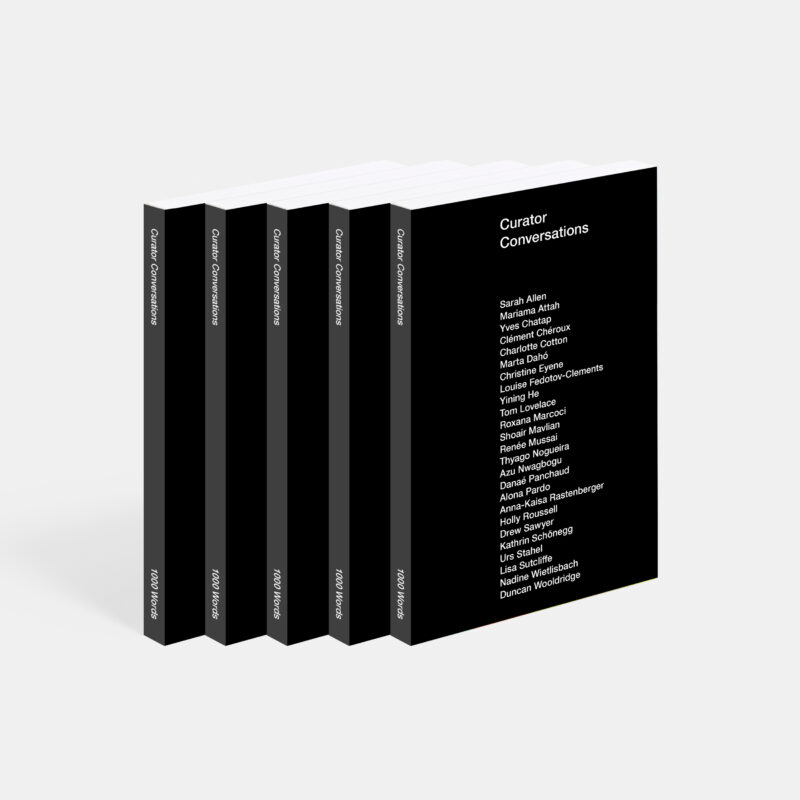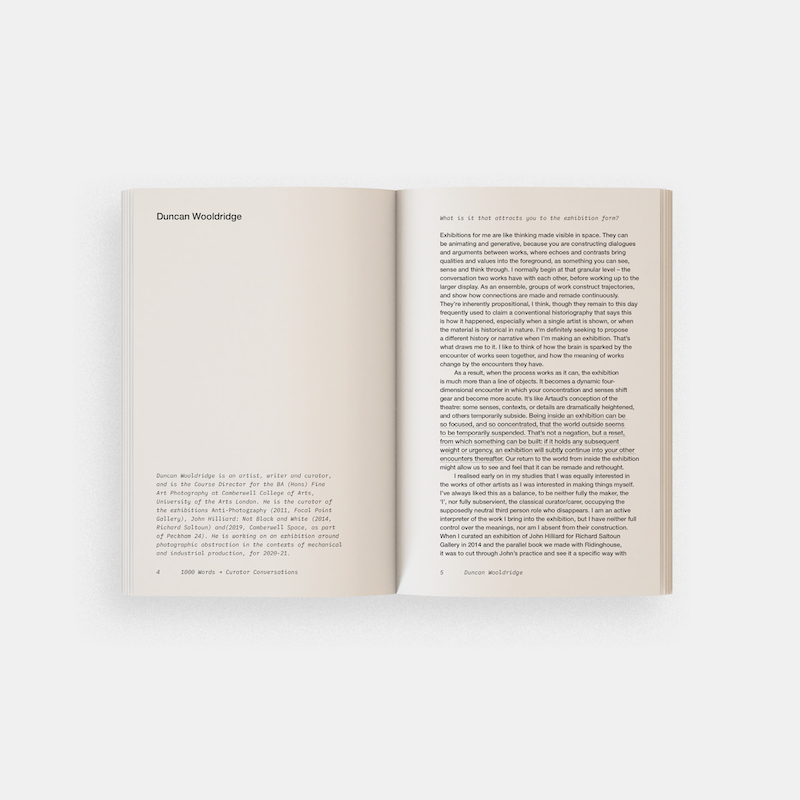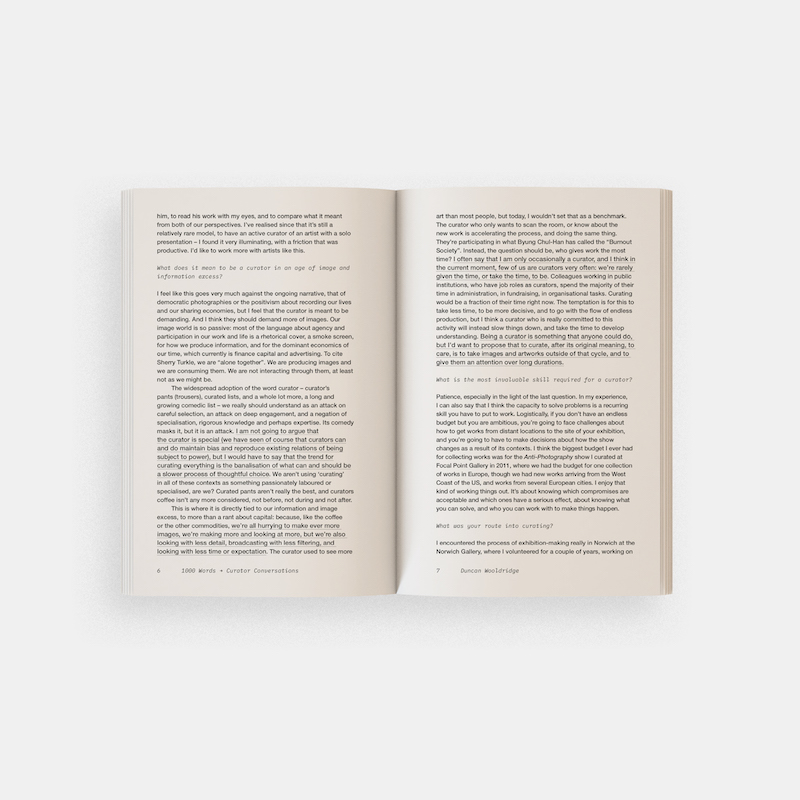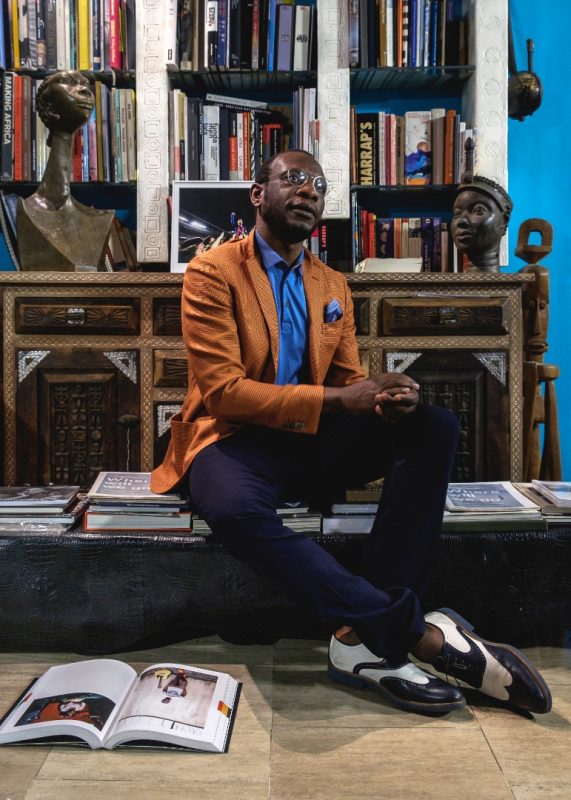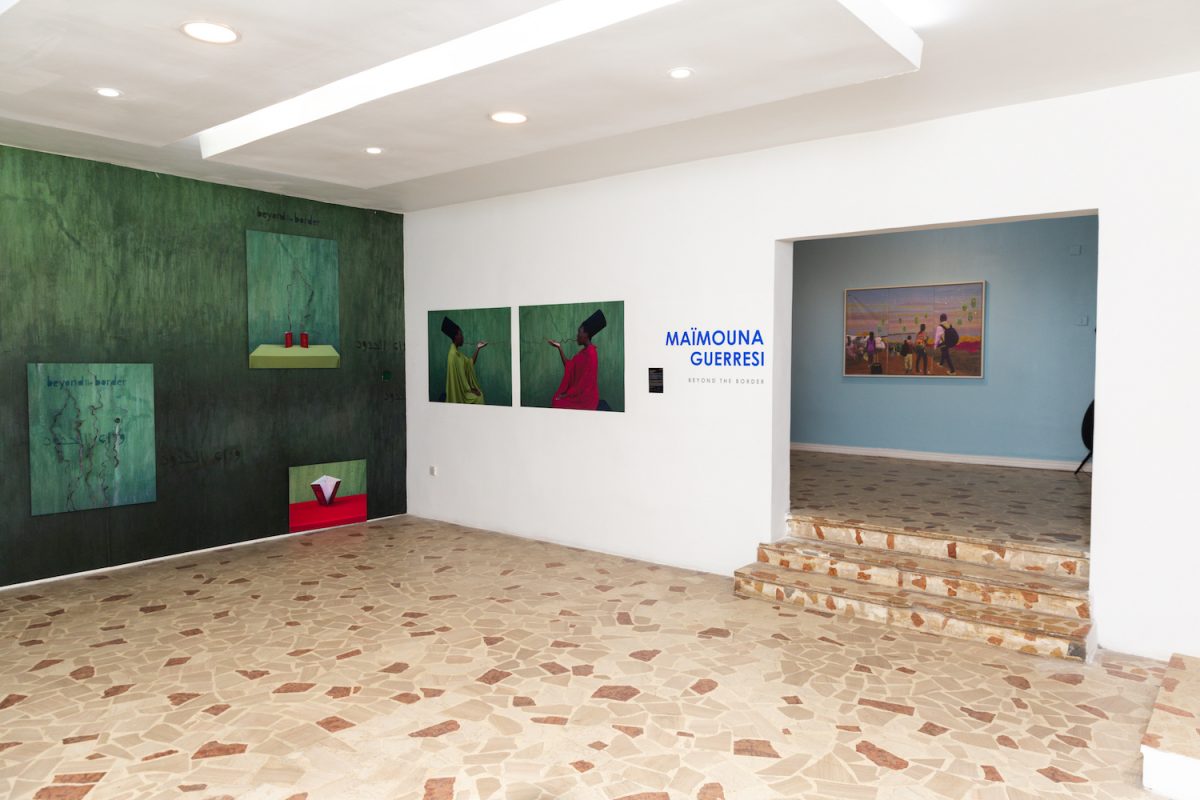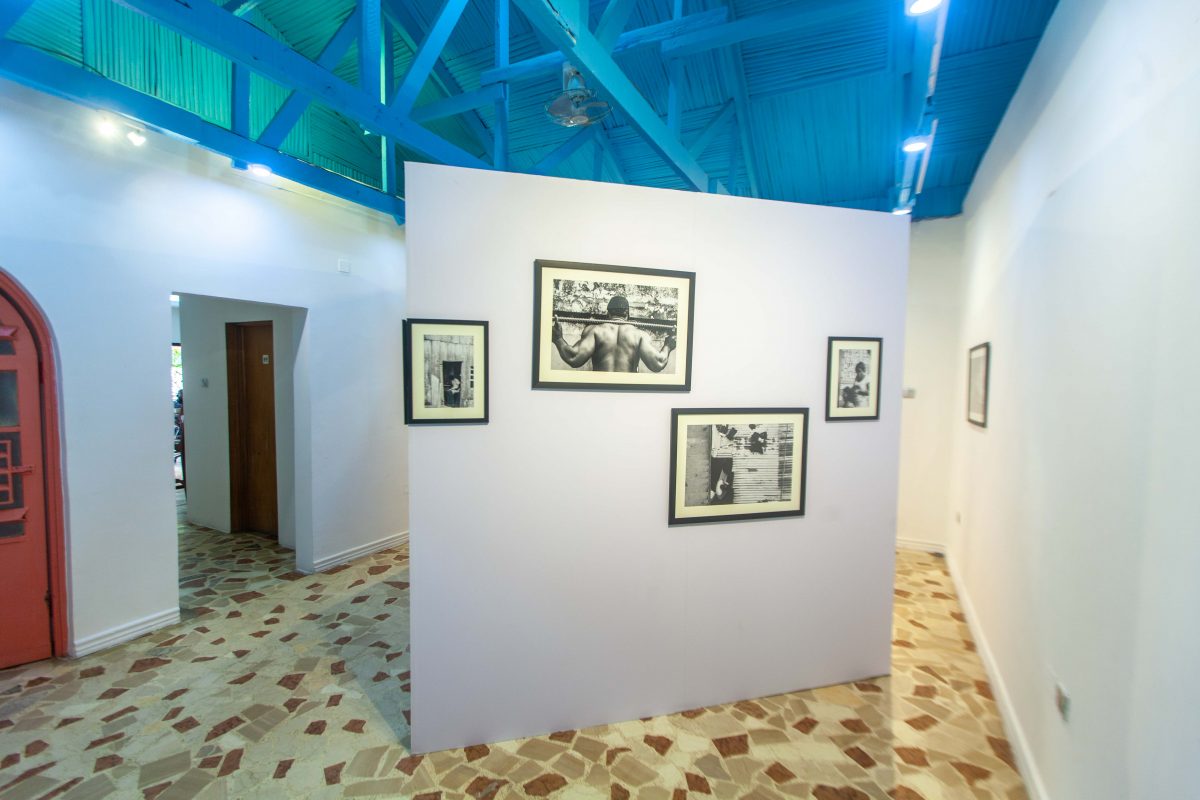1000 Words
Curator Conversations
(Second edition)
£13.99
Click here to order the new and expanded edition of Curator Conversations.
Curator Conversations is a collection of interviews with leading curators working within contemporary photography today. It offers precious insights into key modes of thinking behind the curatorial practices that have resulted in influential and landmark exhibitions at galleries and museums across the globe, including MoMA, Tate Modern, Pompidou Centre, Fotomuseum Winterthur, Finnish Museum of Photography, Zeitz MOCAA – Museum of Contemporary Art Africa, Instituto Moreira Salles and SCôP: Shanghai Center of Photography, among others.
Their contributions provide wide-ranging discussions and a strong sense of critical self-reflexivity to explore the various ways curating mediates our experience and understanding of the photographic image. Among the fundamental questions engaged in the book are the medium specificity of photography; exhibitions as ‘artwork’; critical contexts for imagery; the curator’s role; collaboration and community; notions of ethics, responsibility and care; relationships between artists and curators, museums and audiences; as well as propositions for ‘decolonisation’ through forms of curatorial activism. Ultimately, this volume sheds light on the aesthetic, political and personal concerns of creative individuals involved in exhibition-making, generating new pathways for thinking about the display and dissemination of photography.
Featuring Sarah Allen, Mariama Attah, Yves Chatap, Clément Chéroux, Charlotte Cotton, Marta Dahó, Christine Eyene, Louise Fedotov-Clements, Yining He, Tom Lovelace, Roxana Marcoci, Shoair Mavlian, Renée Mussai, Thyago Nogueira, Azu Nwagbogu, Danaé Panchaud, Alona Pardo, Anna-Kaisa Rastenberger, Holly Roussell, Drew Sawyer, Kathrin Schönegg, Urs Stahel, Lisa Sutcliffe, Nadine Wietlisbach, Duncan Wooldridge.
Editor Tim Clark
Copy Editor Alessandro Merola
Design & Art Direction Sarah Boris
Production Assistant Louis Stopforth
Tim Clark is Editor in Chief of 1000 Words and Artistic Director for Fotografia Europea in Reggio Emilia, Italy, together with Walter Guadagnini and Luce Lebart. He also teaches at The Institute of Photography, Falmouth University.
Publication date November 2023 (second edition)
Format Softcover
Dimensions 198 mm x 129 mm
Pages 160
Publisher 1000 Words (1000 Words Photography Ltd)
Distribution
Public Knowledge Books
diane@publicknowledgebooks.com
www.publicknowledgebooks.com
Press:
Source Photographic Review
El País
Photomonitor
The British Journal of Photography
Curator Conversations is part of a collaborative set of activities on photography curation and scholarship initiated by Tim Clark (1000 Words and The Institute of Photography, Falmouth University), Christopher Stewart (London College of Communication, University of the Arts London) and Esther Teichmann (Royal College of Art) that has included the symposium, Encounters: Photography and Curation, in 2018 and a ten week course, Photography and Curation, hosted by The Photographers’ Gallery, London in 2018-19.

